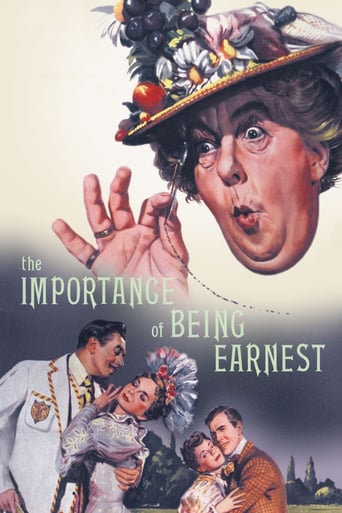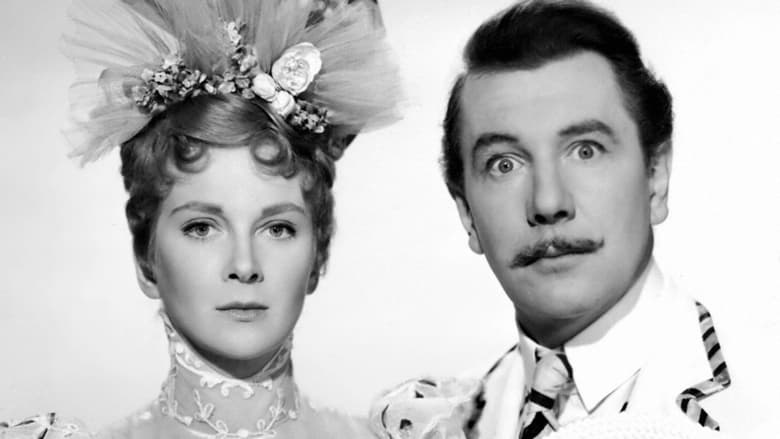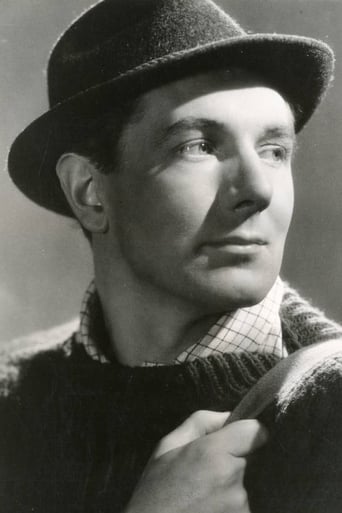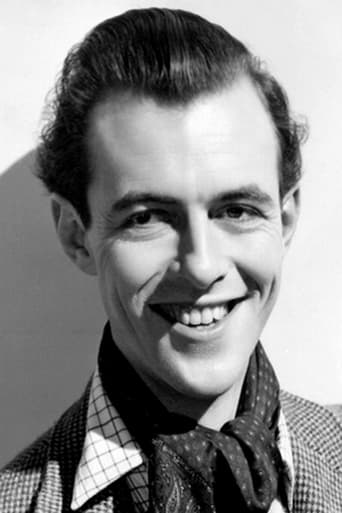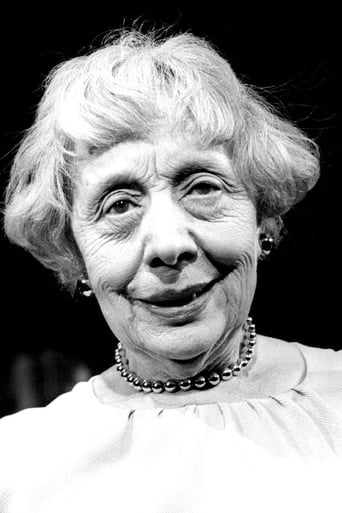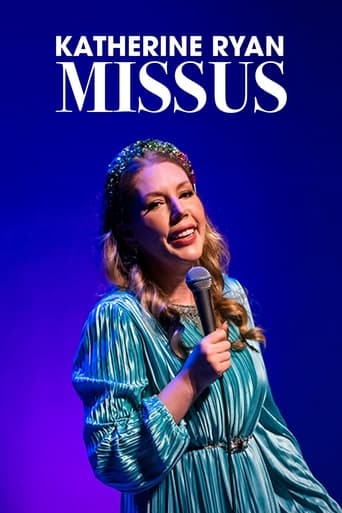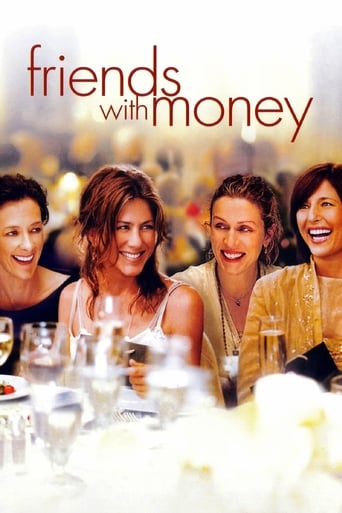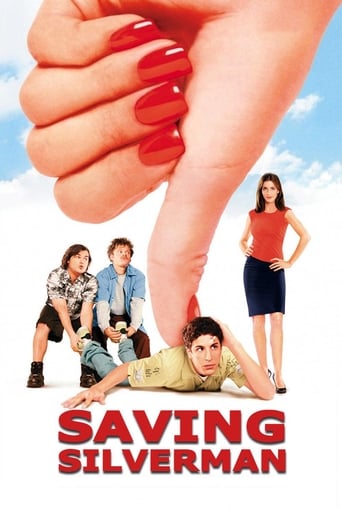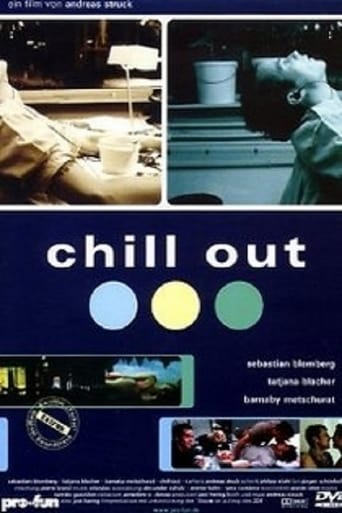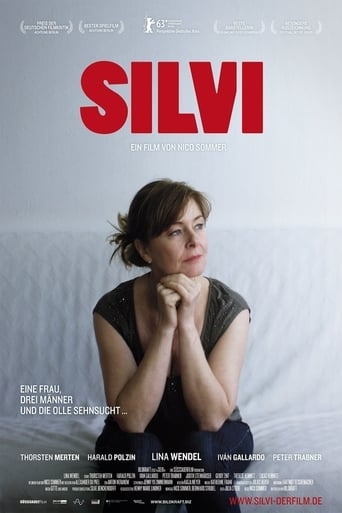The Importance of Being Earnest (1952)
Algernon Moncrieff is surprised to discover that his affluent friend -- whom he knows as "Ernest" -- is actually named Jack Worthing. Jack fabricated his alter ego in order to escape his country estate where he takes care of his charge, Cecily Cardew. Cecily believes that Ernest is Jack's wayward brother and is keen on his raffish lifestyle. Algernon, seeing an opportunity, assumes Ernest's identity and sneaks off to woo Cecily.
Watch Trailer
Cast
Similar titles
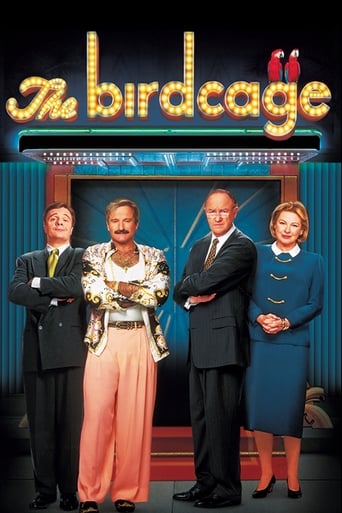
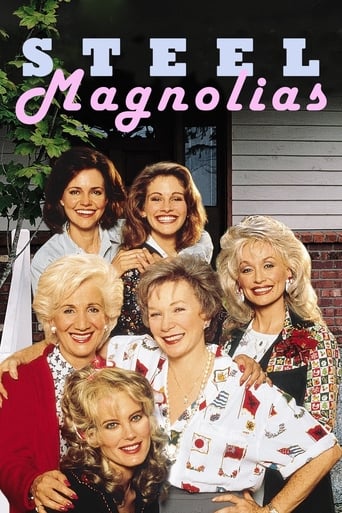
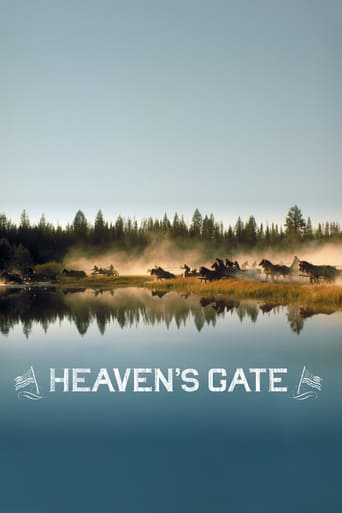
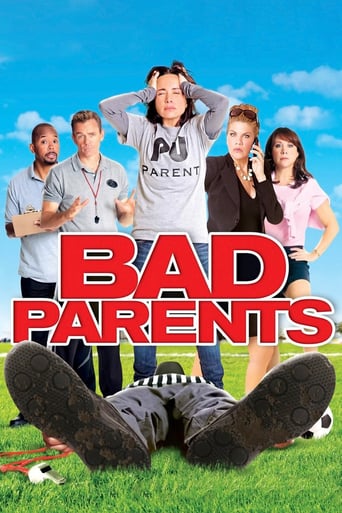
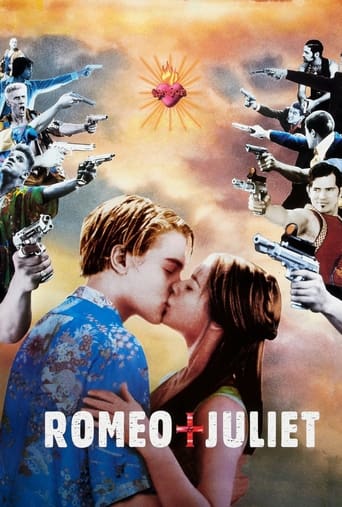
Reviews
Very well executed
How sad is this?
In truth, there is barely enough story here to make a film.
I think this is a new genre that they're all sort of working their way through it and haven't got all the kinks worked out yet but it's a genre that works for me.
Anthony Asquith's version for Rank announces its intentions right at the beginning, with a shot of an Edwardian-style theater and the curtain rising on a proscenium stage. The camera zooms in on the stage, and the action begins. From then on Asquith is determined to remind us of the material's stage-origins: most of the scenes are shot either in shot/reverse shot or two-shot sequences, focusing on the actors' expressions. His cast do not let him down: Michael Redgrave has a supreme range of facial expressions as he tries to deal with ever- changing (and often farcical) situations, contrasting starkly with Michael Denison's more laid-back Algernon Moncrieff, who views the entire action as a huge joke. The two younger women Gwendolyn (Joan Greenwood) and Cicely (Dorothy Tutin) are just wonderful; their cat- fight over Jack (Redgrave) contains several long takes, in which Asquith focuses as much on their reactions as their line-delivery; they try to sustain a veneer of politeness, when it is clear that they thoroughly dislike one another. Dame Edith Evans and Margaret Rutherford repeat the roles they already played in the classic stage productions in London during the 1930s and 1940s: Evans is thoroughly theatrical as Lady Bracknell, her line-delivery full of pregnant pauses and deliberate emphases "A HandBAAAAAg????" Rutherford is much less emphatic, her bird-like gestures and breathy delivery suggesting someone who has spent a lifetime repressing her feelings, but has at last discovered the capacity to love, as she has a (very polite) liaison with Dr. Chasuble (Miles Malleson). Mention must also be made of Yvonne Caffin's costume- designs; she uses a garish color palette (suggesting a lack of sophistication among the characters) and clothes the female characters in wonderfully overstated Victorian dresses. The size of Tutin's sleeves, contrasted with the shocking pink of Greenwood's parasol, is a wonder to behold. The sets (by Carmen Dillon) are equally vulgar, each nook and cranny being stuffed with things, showing the acquisitive nature of all the characters. While this version of THE IMPORTANCE might not work too well cinematically - it is best appreciated by those with a working knowledge of Wilde's text - it preserves for ever some performances which can only be described as definitive.
This is a comedy (play) by Oscar Wilde. Two Victorian bachelors have to reveal some of their secrets as they arrange to tie the knot. This film (play) is too urbanely clever and witty by half (unfortunately not a compliment).I am an average viewer who had never heard of this play until I started watching it. I had of course heard of Oscar Wilde and that kept me watching this period piece that is a trial to get through. If you are one of those who find Punch magazine riotously funny and long for the Harvard Yale game you might like it. No modern normal person will.Other reviews suggest Wilde loathed the type characters portrayed in the play. I hope so and maybe I should re-watch it as a parody of sorts but I don't have the energy to digest the tons of dialogue. I read Dorian Gray years ago and found it also stilted a tiresome read. The descriptions of London's upper class society were boring and forced some of that same feeling comes across in this play.One reviewer stated that Earnest was a code word for homosexual if so that is amusing. (I am gay). The Netflix streaming version was colorized so heavily it distracted watch it in black and white if you can.DO NOT RECOMMEND. Gets 2 extra stars as the Earnest hidden joke thing may be true.
This movie is witty, ingenious and terribly gay. It will lift your spirits to see these characters chirping away, even if you are hospitalized in a coma.Edith Evans is Lady Bracknell, she is the funniest of the bunch, with an ideal horse-face that can only be found in families with at least five generations of British gentility. Her declamatory, accented, pompous speech is a delight, even asking for a scone sounds like the proclamation of a peerage coming from her. Michael Denison is totally affected and delightfully artificial as Algernon Moncrieff, this man could only be interested in high fashion and decorators and frankly I think part of the comedy is Oscar Wilde's trying to convince us that Victorian society was so dedicated to denial and maintaining social appearances as to believe this man would want to marry a woman when we know he would be having a nervous breakdown over her gown, the length of her veil, the right texture of paper on the invitation and the endless thank you notes. Even the way he eats a muffin is decidedly gay. Michael Redgrave is Jack Worthing and not that far from Algernon in posturing, over-dressing and mannerisms. They are perfect for each other, and they could have possibly started together the first line of haut couture and interior decor in England, instead we are led to believe that he is interested in romancing and marrying that goose of Gwendolen Fairfax as played by Joan Greenwood whose only merit is consistently dressing like she is on her way to a coronation. One of her headdresses early on is a full English garden in bloom, compressed into her limited head space, a feat that would have made even Marie-Antoinette jealous. Dorothy Tutin as Cecily Cardew is perfectly annoying. She has the charm of a high-speed dentist drill, her voice is pitched and commanding, like a school mistress admonishing her charges, and is so persistently innocent and overwhelmingly pure one feels tempted to throw her head over heels into the Moulin Rouge for training on how to become a normal human being and stop being a professional virgin. Perhaps the best performance of all is the delightful Margaret Rutherford as the eccentric, literary, Miss Letitia Prism. Her facial expressions are exquisite, her perfectly full cheeks and rotund body being the product of endless afternoons consuming jam, scones and Earl Gray tea. One regrets not being able to read the voluminous manuscript that she mistook for the baby, I am sure it could be turned into a best-seller comedy.
Dodgson's ChapelI've finally come around to this film of the famous play. The 2002 version wasn't done well and was the subject of one of my very first IMDb comments. The problem there was that the movie tried to be a movie instead of a play, and failed. This one tries only to be a non- distracting film of a play. In fact, I suppose the script is precisely that of the play with no muddling.It works marvelously and in the process becomes more of a workable movie than the later project which tried so hard.I think the reason is simple. The play had a coherent soul. (Oh, how I wonder how rare it is that we have someone that can do this, and what a tragedy that we torture them for being "deviant." Or whether certain types or art demand this on both sides.) That soul is placed in the heart of language, not situation. Its the words that matter, in fact it is the word/name "earnest," and the delicious notion that a baby can be mistaken for a book, in "moment of mental abstraction."Much of the humor or words reflected against contemporary society is based on oblivious extension of phrases and is directly influenced by Lewis Carroll, a somewhat older member of the Oxford community. Its rather wonderful seeing how this meme evolved on the stage, jumping from one clever writer to another until being extinguished by silent films. Its far more interesting than Uranian matters.But we have it here again, unsullied. The speech of Lady Bracknell has to be one of the funniest and sharpest sequence of words ever woven.I should mention a device. The play starts as a play. We see the audience, who looks much like the characters. The curtain goes up and the reality moves to the stage.Ted's Evaluation -- 3 of 3: Worth watching.
